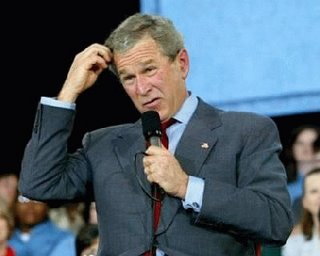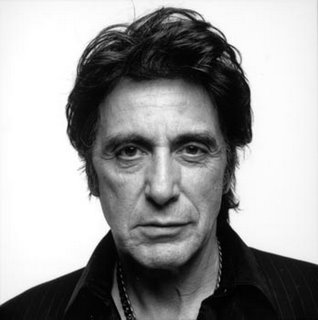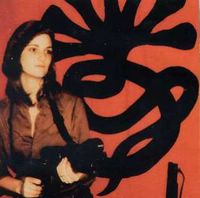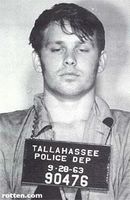On this five-year anniversary of the 9-11 attacks, there is no way I could add anything to Frank Rich's column in yesterday's
New York Times, parts of which are excerpted below.
He takes his start from a
rarely seen photo taken of that tragedy, a picture that Thomas Hoepker of Magnum Photos locked away for years because he thought it conveyed a wholly inappropriate insouciance.

Now, however, Hoepker worries that the complacency he captured is all too indicative of a post-9/11 nation.
Rich explains:
"Traumatic as the attack on America was, 9/11 would recede quickly for many. This is a country that likes to move on, and fast. The young people in Mr. Hoepker's photo aren't necessarily callous. They're just American. In the five years since the attacks, the ability of Americans to dust themselves off and keep going explains both what's gone right and what's gone wrong on our path to the divided and dispirited state the nation finds itself in today.
"What's gone right: the terrorists failed to break America's back. The ''new'' normal lasted about 10 minutes, except at airport check-ins. The economy, for all its dips and inequities and runaway debt, was not destroyed. The culture, for better and worse, survived intact ...
[...]
"But even as we celebrate this resilience, it too comes at a price. The companion American trait to resilience is forgetfulness. What we've forgotten too quickly is the outpouring of affection and unity that swelled against all odds in the wake of Al Qaeda's act of mass murder ...
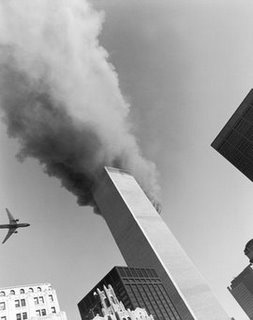
"At the National Cathedral prayer service on Sept. 14, 2001, President Bush found just the apt phrase to describe this phenomenon: 'Today we feel what Franklin Roosevelt called "the warm courage of national unity." This is the unity of every faith and every background. It has joined together political parties in both houses of Congress.' What's more, he added, 'this unity against terror is now extending across the world.'
"The destruction of that unity, both in this nation and in the world, is as much a cause for mourning on the fifth anniversary as the attack itself. As we can't forget the dead of 9/11, we can't forget how the only good thing that came out of that horror, that unity, was smothered in its cradle.
"On the very next day after that convocation, Mr. Bush was asked ... 'how much of a sacrifice' ordinary Americans would 'be expected to make in their daily lives, in their daily routines.' His answer: 'Our hope, of course, is that they make no sacrifice whatsoever.' He, too, wanted to move on -- to 'see life return to normal in America,' as he put it -- but toward partisan goals stealthily tailored to his political allies rather than the nearly 90 percent of the country that, according to polls, was rallying around him.
"This selfish agenda was there from the very start. As we now know from many firsthand accounts, a cadre from Mr. Bush's war cabinet was already busily hyping nonexistent links between Iraq and the Qaeda attacks. The presidential press secretary, Ari Fleischer, condemned Bill Maher's irreverent comic response to 9/11 by reminding 'all Americans that they need to watch what they say, watch what they do.' Fear itself -- the fear that 'paralyzes needed efforts to convert retreat into advance,' as F.D.R. had it -- was already being wielded as a weapon against Americans by their own government. Less than a month after 9/11, the president was making good on his promise of 'no sacrifice whatsoever.'
"And so here we are five years later. Fearmongering remains unceasing. So do tax cuts. So does the war against a country that did not attack us on 9/11. We have moved on, but no one can argue that we have moved ahead."
(photos courtesy watchingtheworldchange.com)
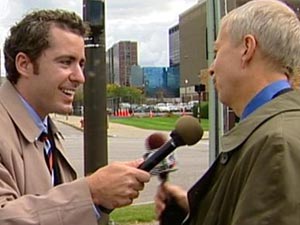



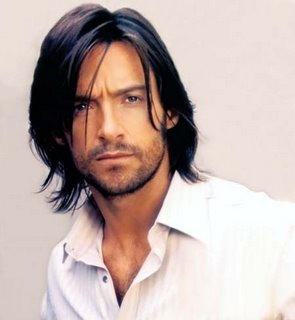




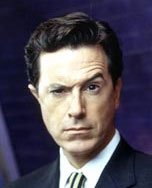
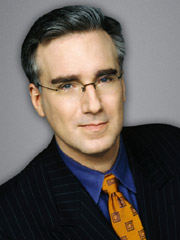

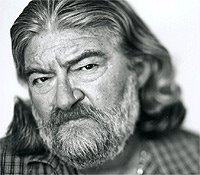
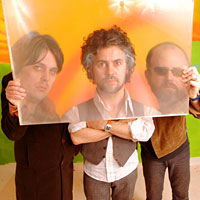


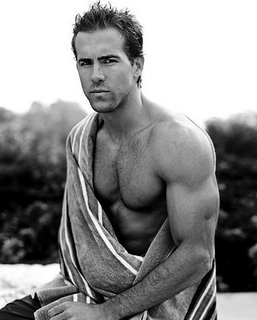

 Now, however, Hoepker worries that the complacency he captured is all too indicative of a post-9/11 nation.
Now, however, Hoepker worries that the complacency he captured is all too indicative of a post-9/11 nation.
